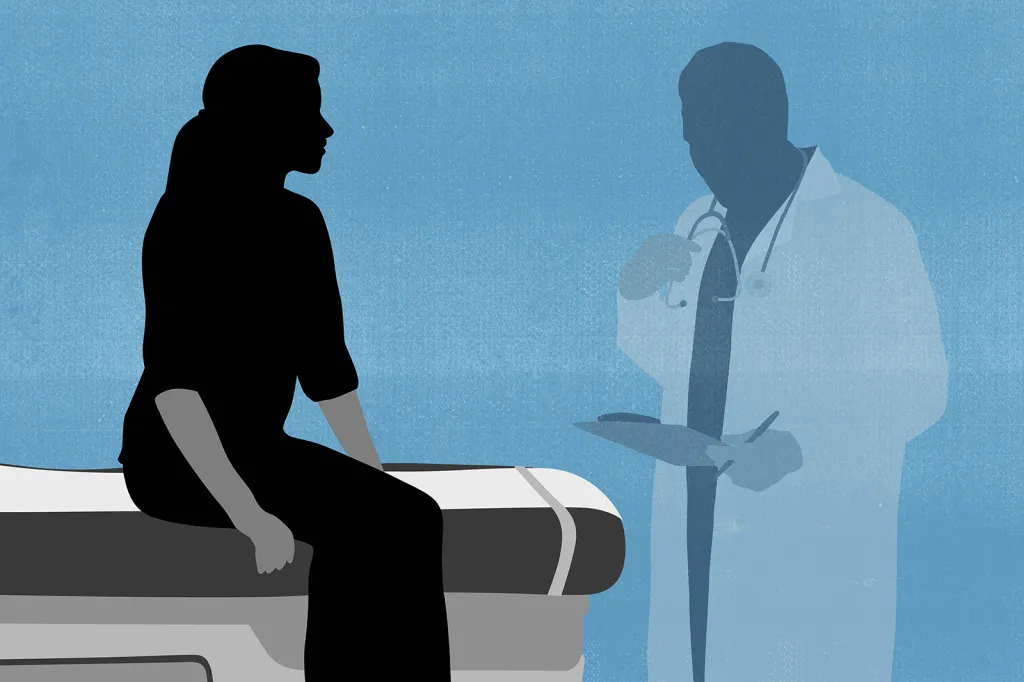By Ghana News
Copyright ghanamma

Rwanda’s President Paul Kagame on Thursday signed the Contraceptives Bill into law, allowing 15-year-old girls to access contraceptives, a move that has drawn opposition especially among conservatives and the Church.
This development comes at a time Rwanda is grappling with high rates of teenage pregnancies. Some opponents argue that such laws may expose teenagers to early sexual activity, while others believe it is better for them to use contraceptives than face unintended pregnancies, which often lead to school dropout.
The amendment is the result of long-term advocacy by rights groups such as the Health Development Initiative (HDI), which pushed for the removal of the requirement for parental consent for 15-year-olds seeking contraceptives.
Previously, the minimum age to access contraceptives was 18, and those under that age needed parental or guardian consent for all forms of contraception.
The law aims to reduce teenage pregnancies, school dropout and health risks associated with early childbearing.
In 2023, approximately five percent of Rwandan girls aged 15–19 were sexually active and becoming pregnant. However, recent data from 2024 indicates a more alarming figure—10,480 recorded teenage pregnancies in the first half of the year alone—highlighting an ongoing challenge. The prevalence varies significantly by region, with higher rates in the Eastern Province compared to other areas.
Denise Teta Shiraho, policy and advocacy officer at the HDI, said the law will empower teenagers to make decisions without involving parents when they are not ready to do so.
“Beyond contraception, which will obviously help prevent unwanted pregnancies, this law gives adolescents the freedom to seek support for sensitive issues such as mental health, addiction or reproductive health, without the stress or discomfort of involving their parents in matters they may not be ready to share. Seeing this law passed is deeply rewarding,” said Ms Shiraho.
Contraceptive methods mentioned include the pill and implants, though priority is often given to condoms due to their dual protection and ease of access.
The law ensures that reproductive health services for adolescents will be provided without discrimination.
Although the Catholic Church restricted modern family planning services in its healthcare facilities in 2016, innovative solutions and partnerships have ensured continued access. This demonstrates that adolescent health can still be safeguarded, even amid differing perspectives.
“Of course, some religious groups hold differing views on certain aspects of this law, particularly regarding contraception. But we believe that coexistence and collaboration are possible, and both sides can support young people’s well-being in ways that respect their values,” added Ms Shiraho.
There have been debates and proposed bills over the past few years to lower the age requirement, but not all were accepted. Some were rejected due to cultural or religious objections. Now, advocacy groups have prevailed.
The rise in teenage pregnancies is attributed to multiple factors, with poverty playing a crucial role. Some parents argue that addressing one of these factors could lead to a solution. They insist this is a structural and social issue that must be tackled at all levels.
Anthere Rwanyange, a parent of a teenage daughter, believes that the lack of a law allowing full access to contraceptives is not the core issue. Instead, she points to the absence of parental guidance and sex education.
“As a parent, I don’t condone the use of contraceptives by teenagers because they have not yet earned that right. We must be responsible for guiding them through adolescence until they reach an age where they can make such decisions independently. All other methods of family planning are decisions made by adults who are independent,” Rwanyange said.



